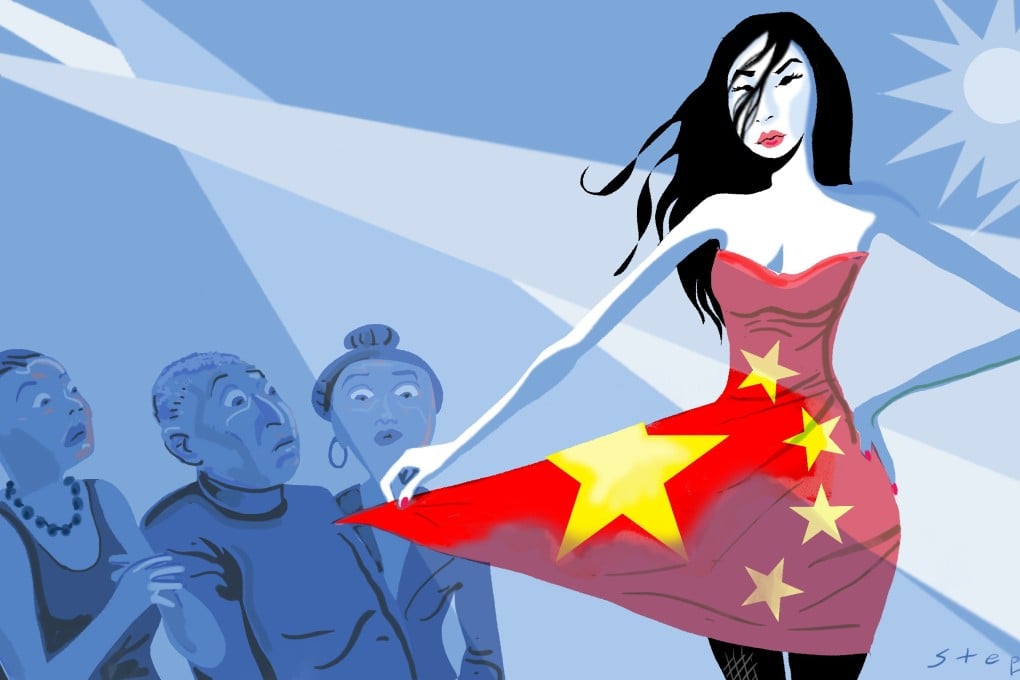Opinion | China damages its brand when it co-opts celebrities into its One-China, pro-police propaganda drive
- Entertainers such as Liu Yifei and Jackie Chan have sparked backlashes outside China after taking positions on the Hong Kong protests. While such displays play well to Chinese nationalists, they might actually hurt China’s image overseas

The timing of all these revelations was intriguing. Regardless of whether the nationalist fever was fanned to reshape the narrative around Hong Kong as a secessionist conspiracy and therefore prepare the domestic audience for a possible military crackdown, the political message was unmistakable: there is zero tolerance for political incorrectness.
Any person of influence who publicly takes a position on China’s territorial integrity and sovereignty should be respected, if their views are based on real political conviction. But some may question the wisdom of abruptly terminating contracts in the grip of nationalism.
After all, most web designers for brands are unlikely to have deliberately courted controversy by placing a territory in the wrong category. Also, it might not help that the International Organisation for Standardisation includes different two-letter Web domain names for different subdivisions of countries, for example.

